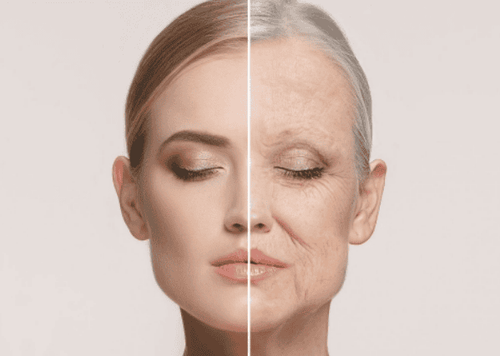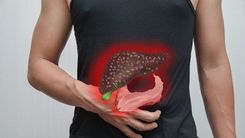Cancer treatment therapies help patients eliminate cancer cells but tend to make these patients have a reduced life expectancy and may face aging earlier than normal people.
1. Why can cancer survivors face premature aging?
A study by the Mayo Clinic concluded that the aging process is faster among cancer survivors than among non-cancer individual.These patients are more likely to experience long-term health problems related to aging while they are still young. These problems may include:
• Gland and hormone disorders.
• Heart problems.
• Osteoporosis.
• Risk of developing new cancers.
Trắc nghiệm: Thử hiểu biết của bạn về bệnh ung thư
Ung thư là nguyên nhân gây tử vong hàng thứ 2 trên thế giới. Thử sức cùng bài trắc nghiệm sau đây sẽ giúp bạn có thêm kiến thức về yếu tố nguy cơ cũng như cách phòng ngừa bệnh ung thư.
Bài dịch từ: webmd.com
Researchers also show that people with a history of cancer have a life expectancy 30% lower than the general population and the risk of developing a new cancer is 3 to 6 times higher.
Dr. Shahrukh Hashmi's research explains that the reason for accelerated aging in cancer patients is that chemotherapy and radiation therapy, in addition to killing cancer cells, also kill normal, healthy tissue cells. This reduces the body's ability to heal.

2. Research on premature aging in cancer survivors
Dr. Shahrukh's research shows that the number of cancer survivors is increasing, so the medical industry needs to start paying more attention to how to ensure that these patients stay healthy after cancer.
Currently, there are about 30 million cancer survivors in the world, and researchers predict that by 2025, there will be about 19 million new cancer diagnoses each year. Many cancer survivors will face long-term health problems.
Cancer treatment drugs speed up the body's aging process. These drugs include steroids, hormone therapy, and targeted cancer therapies.
Research by scientists has shown the following results:
• Chemotherapy, radiation therapy and other cancer treatments cause aging at the cellular genetic level, changing the structure of DNA and causing cells to die earlier than normal.
• Patients treated with bone marrow transplants are 8 times more likely to become frail than normal people.
• Long-term steroid treatment is associated with an increased risk of cataracts, osteoporosis, nerve damage, longer wound healing times and immune suppression.
• Cancer drugs are associated with hearing loss, decreased thyroid levels, high blood pressure, heart failure, muscle weakness, arthritis, infertility, constipation and liver and kidney diseases.
• Radiation therapy is associated with dementia, memory loss, arteriosclerosis and secondary cancers.
• The hormone drug Tamoxifen used to treat breast cancer is associated with cataracts.
• Female cancer patients treated with chemotherapy are likely to enter
pre-menopause earlier than normal people.

3. How to reduce the rate of aging in cancer survivors?
Dr. Hashmi and Shapiro said that ongoing research aims to reduce the impact on cancer cells to eliminate them, thereby slowing down the aging process in patients.
In addition, after cancer remission, patients can also reduce the speed of aging by practicing a healthier lifestyle such as:
• Eat a balanced diet and exercise regularly.
• Do not smoke.
• Do not drink alcohol.
If you need advice and examination at Vinmec Hospitals in the health system nationwide, please make an appointment on the website (vinmec.com) to be served.
To arrange an appointment, please call HOTLINE or make your reservation directly HERE. You may also download the MyVinmec app to schedule appointments faster and manage your reservations more conveniently.
Reference source: webmd.com













